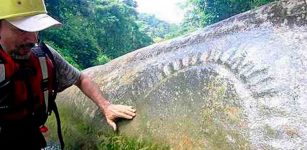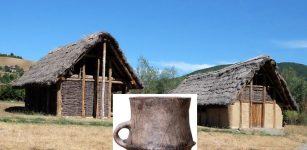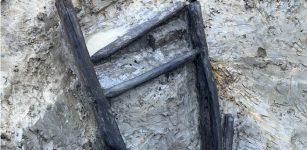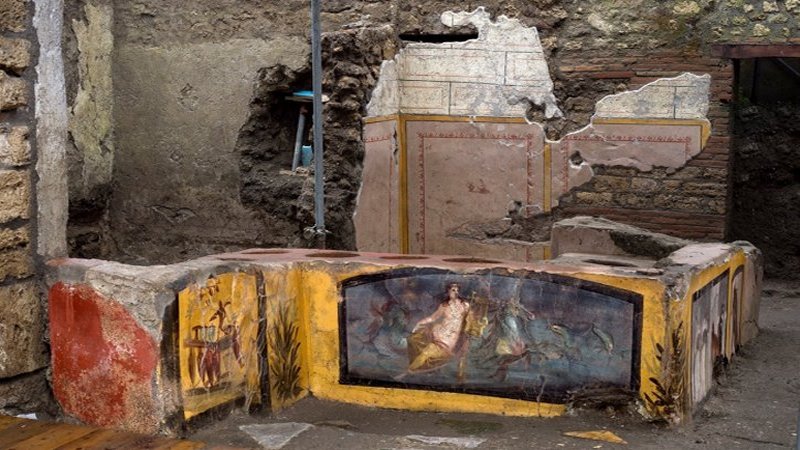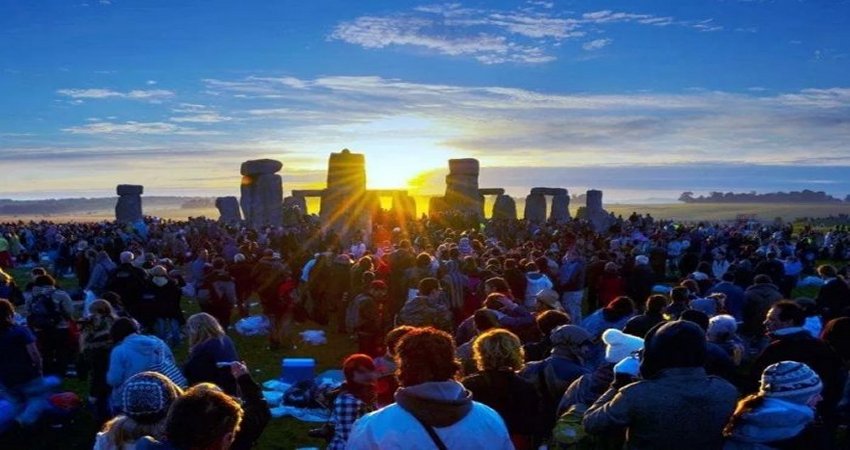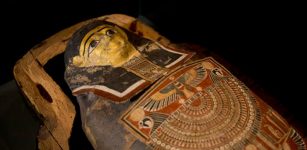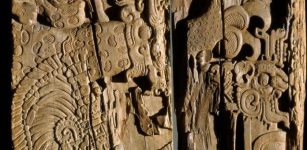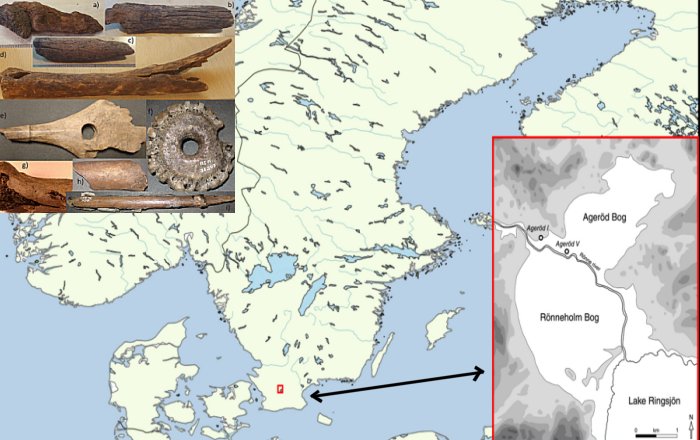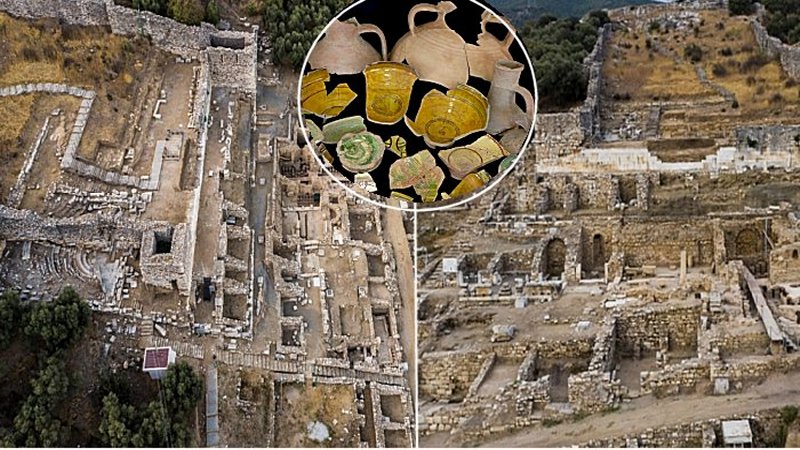Several Intriguing Hawaiian Petroglyphs Discovered On Waianae Coast
MessageToEagle.com – When visitors Lonnie Watson and Mark Louviere from the Ft. Worth, Texas were walking along Waianae coast, they suddenly spotted a large petroglyph, etched into the sandstone.
Upon further investigation, they discovered at least 10 figures, stretching over roughly 60 feet of beach. While it’s likely this series of petroglyphs, created by aboriginal inhabitants of the Waianae coast, have revealed themselves in the past, this is the first time they’ve come to the attention of the DLNR State Historic Preservation Division (SHPD) and the U.S. Army. Both agencies have been working together to record and document the petroglyphs; which now number at least 17 figures.
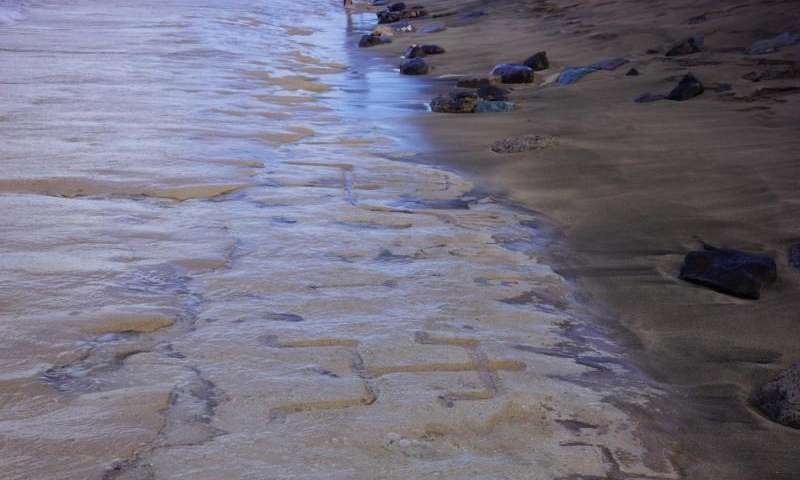
Army archaeologist and Waianae native Alton Exzabe was one of the first officials to arrive at the site. He said, “What’s interesting is the Army in Hawaiʻi manages several thousand archaeological sites, but this is the first one with petroglyphs directly on the shoreline.
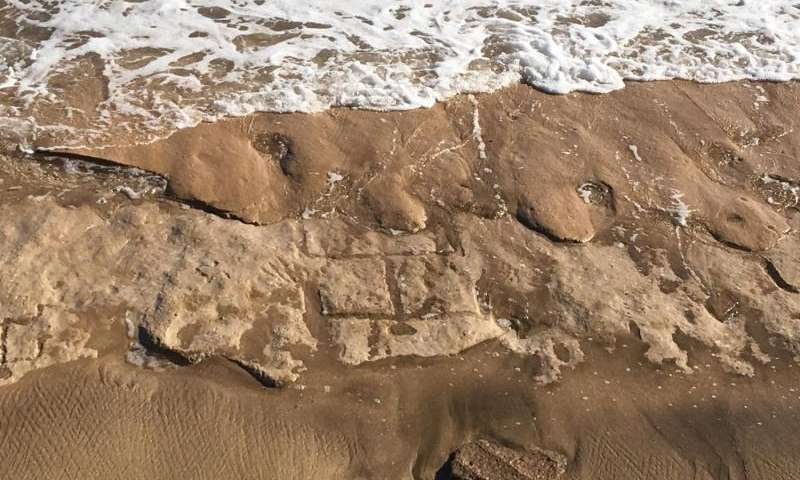
Glen Kila is a lineal descendent of the aboriginal families who first settled in Nene’u on the Waianae Coast. His family home is a short ways from the petroglyph field, and he says until now he was unaware of these particular figures.
“They record our genealogy and religion. It’s very important to know about the lineal descendants of the area and their understanding of these petroglyphs. The interpretation of these petroglyphs can only be interpreted by the lineal descendants who are familiar with its history and culture,” Kila said.
See also:
Peterborough Petroglyphs Could Offer Evidence Ancient Celts Visited Canada 2,000 Years Ago
Thousands Of Petroglyphs And Inscriptions In Wadi Rum, Jordan – 12,000 Years Of Human Occupation
One Million Enigmatic Petroglyphs At Pilbara May Be The Planet’s Most Ancient
Several days after the Texas families first saw the petroglyphs, a small group of people stood atop the rocks as sand was washing back in to recover them. Exzabe and fellow archaeologists from the SHPD encourage people to look and not touch. Even the process of scraping sand away by hand or with brushes can damage the integrity of the figures.
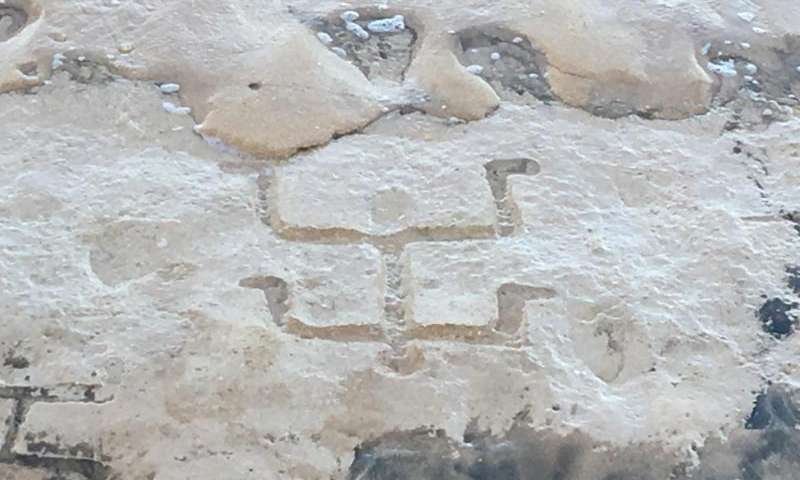
Exzabe added, “We can now come up with a plan to further protect and preserve this site. The ones with the fingers, for me, are pretty unique. I believe there are some elsewhere with fingers, but fingers and hands are pretty distinct, as well as the size of them. We find a lot of petroglyphs that are a foot or so tall, but this one measures 4-5 feet from head to toe. It’s pretty impressive.”


